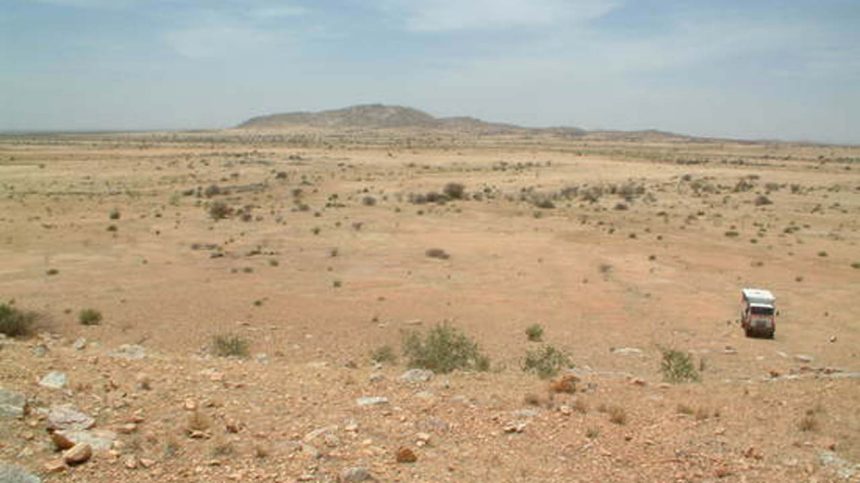In a significant stride towards environmental sustainability, the Federal Government of Nigeria has announced an ambitious plan to restore at least 100 million hectares of degraded land across the country.
This initiative is a key component of Nigeria’s commitment to combating desertification, mitigating the adverse effects of climate change, and promoting sustainable land management practices, particularly within the Sahel region.
The revelation was made by the Minister of Environment, Balarabe Lawal, during his address at the ministerial segment of the Pan African Agency of the Great Green Wall (PAGGW) held in Dakar, Senegal. Lawal emphasized Nigeria’s unwavering dedication to the objectives of the Great Green Wall initiative, a flagship program under the African Union designed to transform the environmental landscape of the Sahel by 2030.

According to Lawal, the restoration project is not merely an environmental endeavor but a comprehensive strategy aimed at enhancing food security, reducing poverty, and fostering economic growth in communities affected by land degradation. He underscored the urgency of tackling the encroachment of desertification, which threatens the livelihoods of millions, particularly in the northern regions of Nigeria where the impact is most severe.
“Nigeria remains steadfast in its commitment to the Great Green Wall initiative, and we are determined to restore the targeted hectares of land by 2030. This is not just about planting trees; it is about creating resilient ecosystems, revitalizing local economies, and improving the quality of life for our people,” Lawal stated.
The Minister highlighted the critical role of collaborative efforts among African nations, stressing that the challenges posed by climate change and land degradation transcend national borders. He called for enhanced cooperation, knowledge sharing, and joint action plans to ensure the success of the initiative across the continent.
Moreover, Lawal made a passionate appeal for increased funding and technical support from international partners. He noted that while African countries are committed to driving the initiative, the scale of the challenge necessitates substantial financial investment and global solidarity. “To achieve the ambitious goals of the Great Green Wall, we must secure adequate resources and foster strong partnerships with the international community. It is through collective effort that we can build a sustainable future for the Sahel and beyond,” he urged.

The Great Green Wall project aims to create a mosaic of green and productive landscapes stretching across Africa’s Sahel region, from Senegal in the west to Djibouti in the east. This transformative initiative seeks not only to combat desertification but also to sequester carbon, protect biodiversity, and support millions of people whose lives depend on the land.
As Nigeria embarks on this monumental restoration journey, the government remains optimistic that with the right support, innovative approaches, and community involvement, the vision of reclaiming 100 million hectares of degraded land can be realized. This bold move signifies a beacon of hope, not just for Nigeria but for the entire African continent, as nations unite to confront one of the most pressing environmental challenges of our time.



